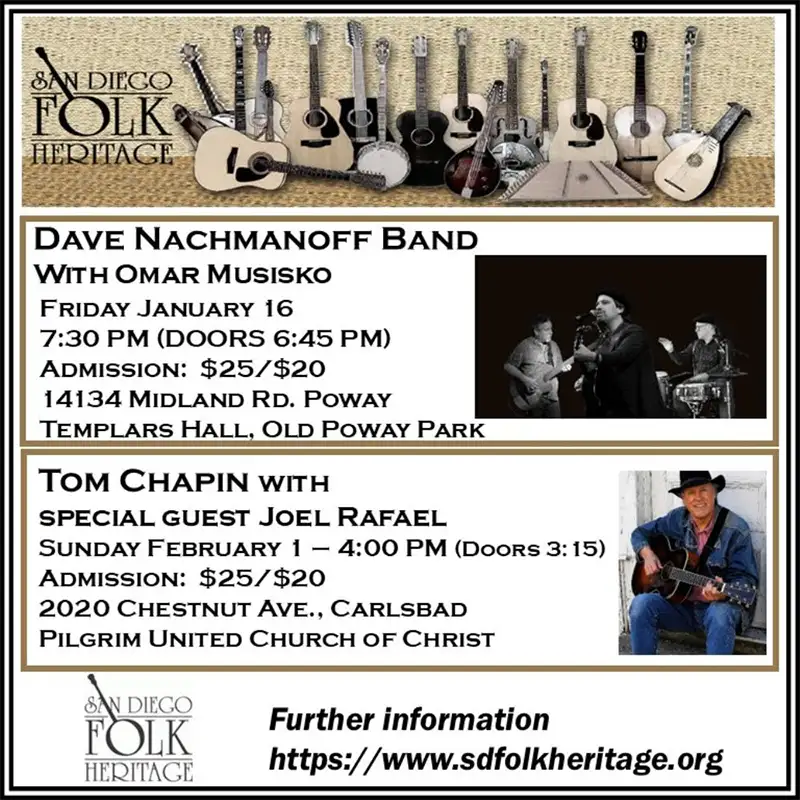Tales From The Road
Gillian Welch & David Rawlings Dig into the Heart and Soul of American Roots Music
There is an easy slide into darkness that is captured on Gillian Welch’s now-classic album–perhaps her best–created with her musical partner, David Rawlings: 2011’s The Harrow and the Harvest. It can be heard in the retro-traditional Appalachian themes that run through the album from the opening “Scarlett Town” to the final ironic love song, “The Way the Whole Thing Ends.” What lies between has proven to be one of the more durable defining cycle of songs created in the last 20 years of the American roots music movement. The album works in layers of simplicity like hillbilly haikus supported by the stripped down stringed accompaniment of Rawlings.
As Welch and Rawlings embark on a tour in support of the recent vinyl release of The Harrow and the Harvest, her words in a Salon article from 2011 following
the album’s release resonate with a distilled wisdom about her own music and its origins.
“I want to talk about the tradition of tragedy in southern folk music. This tradition connects with why people make art–to deal with the gnarliest, most painful events that occur. Things beyond your control, almost beyond human understanding. Therefore, we sing about them: the sinking of the Titanic, hurricanes, rapes, assassination, murder, suicide, drugs.”
Every song on The Harrow and the Harvest portrays some side of tragedy from a variety of perspectives with often vague, starkly told stories of murder, betrayal, and loss. Each song is a window that allows us to peer into the dark halls of the soul through the stories they tell. There are no guarantees of hope in the world of The Harrow and the Harvest. There are only lyrical and musical hints in an otherwise bleak and poetic soundscape.
Drawn from the kind of themes Stephen Foster would have felt a kinship with, the album today stands as an impressionistic gothic American work with spare and spacious instrumentation. The ballads are traditional in their themes. They are nontraditional in that they do not spell out each story. Rather, Welch and Rawlings look inside of the story for moments that that will haunt. As the chorus of “Scarlet Town,” says:
Now, look at that deep well
Look at that that dark grave
Ringing that iron bell
In Scarlet Town today
Then, in the song’s last verse, the story turns to horror as Welch sings words that send a chill down the spine.
So, fare you well, my own true love
If you ever see me around
I’ll be looking through a telescope
From hell to Scarlet Town
Like many of the songs on Harrow, the specifics of the character are unclear on “Dark Turn of Mind.” She could be an innocent broken-hearted girl. She could be a prostitute weary from her trade. She may be a murderess. We don’t know. We only know, she yearns for the darkness.
Now I see the bones in the river
And I feel the wind through the pine
And I hear the shadows a-calling
To a girl with a dark turn of mind
“The Way It Will Be” paints a dream
scape of loss and betrayal. The sonic feel
ing of the song creates an impressionistic feeling.
Gotta watch my back now
That you turned me around
Got me walking backwards
Into my hometown.
“Tennessee,” could be the woman’s side of Johnny Cash’s classic “Big River,” where the lover goes to the “wild side” of life and only finds the desire to go home to her “beef steak, whiskey” and her own mortality.
Now I’ve tried drinking rye and gamblin’
Dancing with damnation is a ball
But of all the little ways I’ve found to hurt myself
Well, you might be my favorite one of all
The musical ease in the nostalgia and sentiment of “Down Along the Dixie Line,” provides a sense of relief to the proceedings. While all of the songs on Harrow recall the deep south of Stephen Foster, none of them do more justice to this vision than this song’s lyrics.
I spent my childhood walking the wildwood
Down along the Dixie Line
Freight trains are squalling
Eyeballs are bawling
Four engines at a time
I was so happy with Momma and Pappy
Down along the Dixie Line
The engaging and upbeat “Six White Horses” creates the rhythm of a country clog dance with banjo, harmonica, and hand claps. It evokes the image of slaves after hours, singing and dancing around a fire as they sings about the certainty of death. With its opening verse about the death of a mother, it is like the slave version of “Will the Circle Be Unbroken.”
Six white horses coming two by two
Six white horses coming two by two
Coming for my mother, no matter how I love her
Six white horses coming two by two
“Hard Times” directly lifts the title and the theme of Stephen Foster’s beloved classic. But, we’re looking through the eyes of the impoverished working man, constantly at labor, moving toward undefined hope. But, the narrator doesn’t ask for “hard times to come again no more.” Rather, he says, “Hard times ain’t gonna rule my mind no more.”
“Silver Dagger,” just like its title suggests, is a murder song from the perspective of the victim, who tells her story before she meets her fate.
Seems every castle is made of sand
The great destroyer sleeps in every man
Here comes my baby, here comes my man
With the silver dagger in his hand
The closing song “That’s the Way the Whole Thing Ends,” brings this song-cycle to its completion with a lark of a tale with hints of the violence. It all ends with:
Standing in the backdoor crying
Now you’re gonna need a friend
That’s the way the cornbread crumbles
That’s the way the whole thing ends
The music on Harrow carries as much continuity as the lyrical journey the album takes us through. With carefully chosen instrumentation–with no overdubs and precious little effects–Rawlings has created a stripped-down and eloquently assembled series of acoustic string music to frame album with. In 2011, as today, Americana music is riddled with posturing, poses, and imitations. Gillian Welch and David Rawlings have been active since the inception of the term Americana. They are the curators of this form of roots music. However, they have consistently reached beyond genre into the heart of American roots music. This album carries echoes of classic British folk music like “Barbara Allen” and blues heroes like Blind Willie Johnson, with touches of Bessie Smith, Woody Guthrie and Hank Williams.
The theme of The Harrow and the Harvest remains a meditation on the effect of tragedy on the human spirit. As Welch said wrote in the 2011 interview in Salon:
“These tragic songs serve several purposes. They let us know that these things happen to people–and if they haven’t happened to you, they could. And they tell you, you need to have compassion. (It’s like the deepest tradition of the lullaby–branches break, and cradles fall. We sing that to children.) And for people who are closest to the tragedy, it’s even deeper.”
Perhaps it is the compassion she speaks of that gives the needed pathos and dimension to these dark, gothic songs. It is not new. But, for modern folk music, and our culture-at-large, that compassion in the face of tragedy is a much-needed commodity.
Gillian Welch & David Rawlings will perform October 3 at the Balboa Theatre, 868 4th Ave., 8pm.







